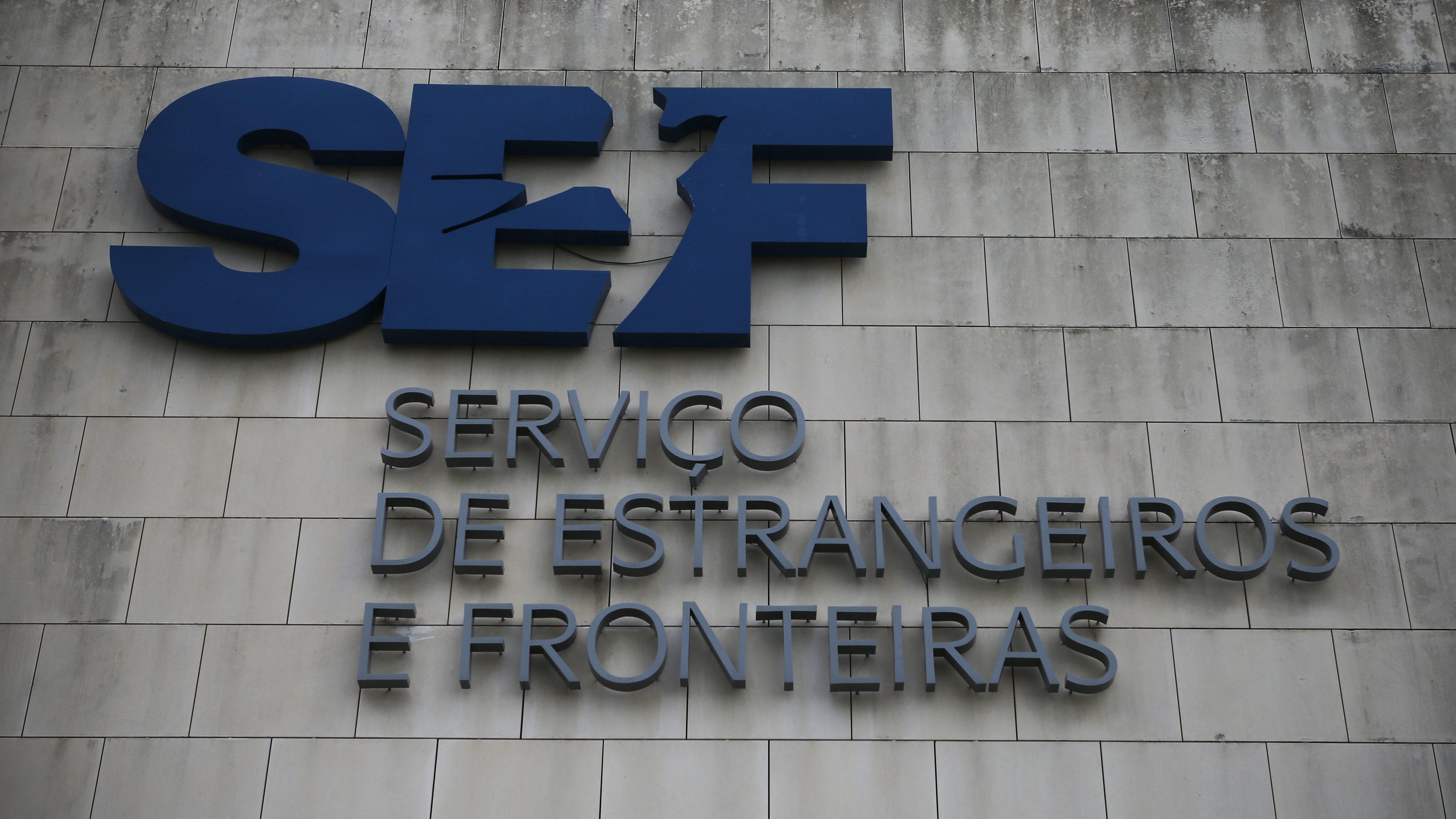Immigration, borders service staff to strike over Easter period
At stake is the integration of SEF workers into the Judiciary Police (PJ), the Institute of Registries and Notaries (IRN) and the future Portuguese Agency for Migrations and Asylum (APMA).
Inspectors and administrative staff of Portugal’s immigration and borders service (SEF) will hold a six-day strike over the Easter period due to the way the government intends to transfer workers to other agencies as part of the abolition of SEF.
The union of the immigration and borders service employees (SINSEF), which includes employees with non-police functions, on Wednesday gave notice of a strike for April 5 and 6.
The SCIF/SEF (“Union of the investigation and surveillance staff of the SEF”) has also given notice of a strike between 6 and 10 April, coinciding with the Easter period, which could cause disturbances at airports.
At stake is the integration of SEF workers into the Judiciary Police (PJ), the Institute of Registries and Notaries (IRN) and the future Portuguese Agency for Migrations and Asylum (APMA) as part of the restructuring process of that body, whose union negotiations with the government on the draft decree-law regulating the transfer of employees are underway.
The unions are against the way in which the government intends to transfer the workers, and the inspectors’ union considers that the draft decree-law regulating the transfer of SEF inspectors to the PJ does not guarantee the principle of “equal work, equal pay”.
In the strike notice, the union representing SEF administrative staff regrets “the time that has passed since the beginning of this merger process” and that these workers “continue with their future uncertain”, and that they had expectations of enhancement of their activity and their career.
The president of SINSEF, Artur Girão, told Lusa that the two-day strike is related to the way the “transfer process is taking place” and the “lack of career dignification”.
“This process is an unknown. We still don’t understand the criteria for transfer to the IRN”, he added, noting that the majority of non-police SEF workers prefer to be transferred to APMA rather than to the IRN, which will be responsible for renewing immigrants’ residence permits and issuing passports.
With the strike, SINSEF also wants an “effective guarantee of the enhancement and the dignification of the functions of the non-police SEF career workers in the bodies with which they will be merged, namely APMA,” and that in the context of the new Portuguese Agency for Migration and Asylum, “conditions are created that will allow them to exercise their skills”.
As part of the SEF restructuring process, which has been delayed until the creation of APMA, the inspectors of this security service will be transferred to the Judicial Police, while the non-police officers will be transferred to the future agency and the IRN.
The restructuring of SEF will allow inspectors to remain for up to two years at air and sea border posts, which will become the responsibility of PSP (Public Security Police) and GNR (National Republican Guard) police agencies.
There are currently around 900 inspectors and 700 non-police personnel working at SEF.

